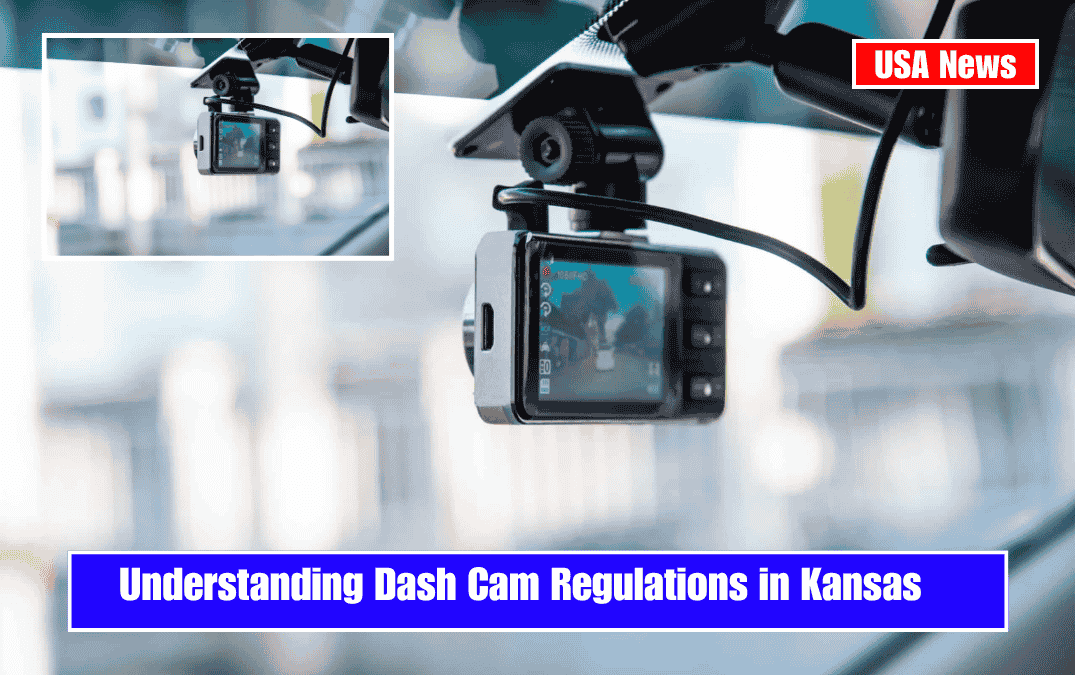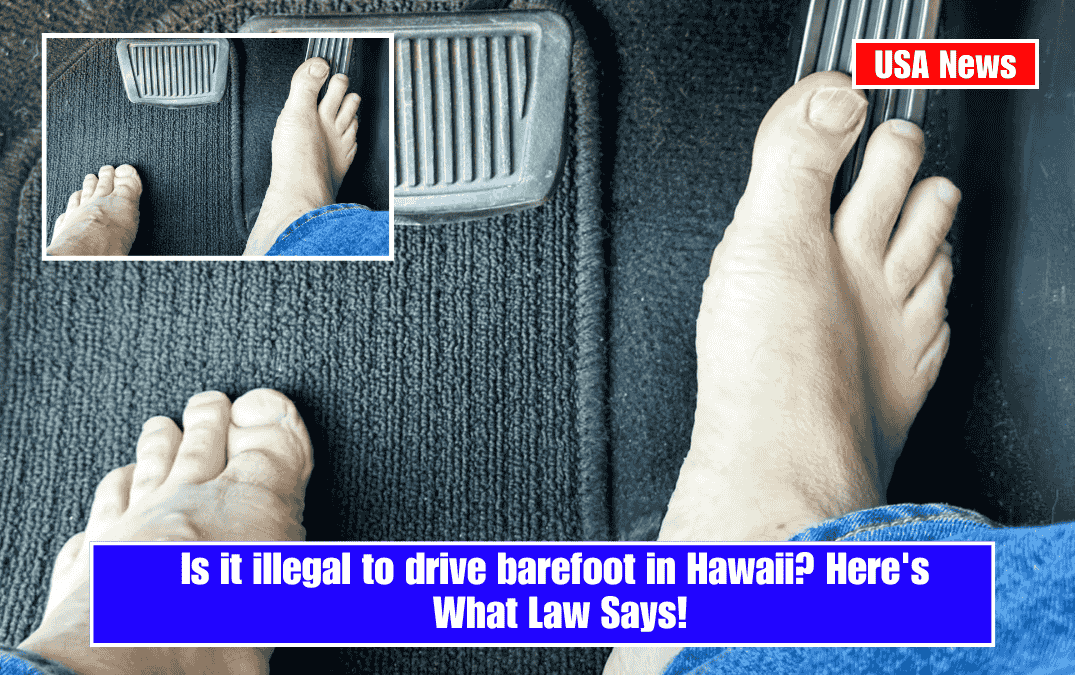Dash cams are increasingly common in vehicles for documenting road incidents, protecting drivers from false claims, and providing valuable evidence in accidents. While dash cams are legal in Kansas, there are specific regulations regarding their installation, use, and the handling of recorded footage. Here’s a comprehensive overview of what Kansas drivers need to know in 2025.
Legality of Dash Cams in Kansas
- Dash cams are legal for private and commercial vehicles in Kansas. There are no laws prohibiting the use or ownership of dash cams, provided they are used in compliance with state regulations.
Mounting and Placement Requirements
- Obstruction of View:
Kansas law prohibits placing any nontransparent material, including dash cams, on the windshield or windows if it “substantially obstructs, obscures or impairs the driver’s clear view of the highway or any intersecting highway”.- The law does not specify an exact allowable size or area for dash cam mounts, unlike some other states.
- To comply, dash cams should be installed in a way that does not block the driver’s field of vision. Preferred locations include the dashboard or behind the rearview mirror, where they are less likely to cause obstruction.
- Mounting a dash cam in a way that significantly hinders your view can result in fines or penalties6.
Audio and Video Recording Laws
- One-Party Consent State:
Kansas is a “one-party consent” state for audio recording. This means you can legally record audio in your vehicle as long as at least one party to the conversation (such as the driver) is aware of and consents to the recording.- If you are recording conversations inside your vehicle, it is advisable to inform passengers that audio recording is in progress, especially if the footage could be used as evidence.
- Video Recording:
Recording video in public spaces, such as roads and highways, is generally not considered an invasion of privacy. However, pointing your dash cam at private property or into someone’s home could raise privacy concerns.
Use of Dash Cam Footage as Evidence
- Admissibility in Court:
Dash cam footage is generally admissible in Kansas courts, provided it was obtained legally and does not violate privacy or obstruction laws. Both criminal and civil courts have accepted dash cam evidence in accident and traffic cases.- The quality and authenticity of the footage are important for its acceptance in legal proceedings.
- If you face challenges in getting dash cam footage admitted, an attorney can assist in establishing its relevance and legality.
Best Practices for Dash Cam Use in Kansas
- Placement:
Install your dash cam on the dashboard or behind the rearview mirror to minimize obstruction and comply with state law. - Notification:
While not strictly required, informing passengers of audio recording is a good practice and can help avoid disputes. - Data Handling:
Do not tamper with or delete footage related to accidents or legal matters, as this could be considered evidence destruction. - Privacy:
Avoid aiming your dash cam at private residences or property to prevent potential privacy violations14.
Kansas Dash Cam Regulations
| Aspect | Requirement/Rule |
|---|---|
| Legality | Dash cams are legal for private/commercial use |
| Mounting | Must not substantially obstruct driver’s view; best on dashboard or behind mirror |
| Audio Recording | One-party consent; driver can record if they are a party to the conversation |
| Privacy | No expectation of privacy on public roads; avoid filming private property |
| Court Evidence | Footage generally admissible if legally obtained |
| Penalties | Fines possible for improper mounting/obstruction |
Kansas drivers are free to use dash cams, but must ensure their devices do not obstruct their view and that any audio recording complies with one-party consent laws. Proper placement and respect for privacy are key to staying within the law. Dash cam footage, if obtained legally, can be a powerful tool in court and insurance claims, making it an asset for responsible drivers.
SOURCES:-
[1] https://facit.ai/insights/dash-cam-laws-by-state
[2] https://www.gpsinsight.com/blog/are-dash-cameras-legal-in-commercial-vehicles/
[3] https://www.ddpai.com/blog/dash-cam-laws/
[4] https://www.devaughnjames.com/blog/car-accidents/will-a-dashcam-help-my-case-if-im-involved-in-a-car-accident/
[5] https://gpstrackit.com/blog/what-are-the-dashcam-regulations-in-each-state/







